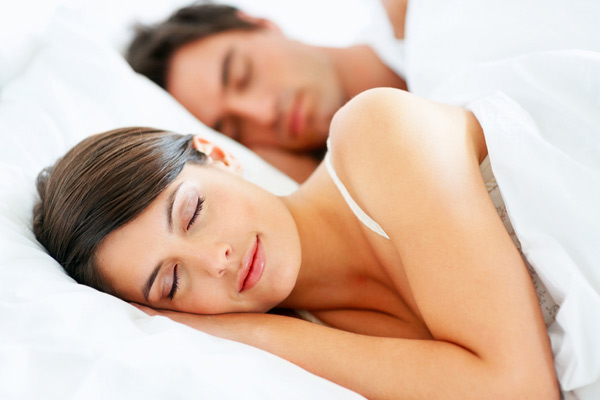Yellow Eyes May Boost Risk of Sleep Disorder

Get the world’s most fascinating discoveries delivered straight to your inbox.
You are now subscribed
Your newsletter sign-up was successful
Want to add more newsletters?

Delivered Daily
Daily Newsletter
Sign up for the latest discoveries, groundbreaking research and fascinating breakthroughs that impact you and the wider world direct to your inbox.

Once a week
Life's Little Mysteries
Feed your curiosity with an exclusive mystery every week, solved with science and delivered direct to your inbox before it's seen anywhere else.

Once a week
How It Works
Sign up to our free science & technology newsletter for your weekly fix of fascinating articles, quick quizzes, amazing images, and more

Delivered daily
Space.com Newsletter
Breaking space news, the latest updates on rocket launches, skywatching events and more!

Once a month
Watch This Space
Sign up to our monthly entertainment newsletter to keep up with all our coverage of the latest sci-fi and space movies, tv shows, games and books.

Once a week
Night Sky This Week
Discover this week's must-see night sky events, moon phases, and stunning astrophotos. Sign up for our skywatching newsletter and explore the universe with us!
Join the club
Get full access to premium articles, exclusive features and a growing list of member rewards.
A natural yellowing of the eye lens that people experience as they age may increase the risk of insomnia, according to a Danish new study.
The risk of insomnia was higher for participants who had darker lens discoloration, the study finds.
"The strong link between lens yellowing and age could help explain why sleep disorders become more frequent with increasing age," said study researcher Dr. Line Kessel, a senior scientist in the department of ophthalmology at Glostrup Hospital in Denmark.
The link between the conditions held even after the researchers took into account factors that have been linked to disrupted sleep, including age, smoking and diabetes.
The findings agree with those of a previous study that found that sleep quality improves after cataract surgery , the researchers said.
One explanation for the link may be that the yellowing interferes with the lens' ability to absorb blue light. White light includes a spectrum of colors, and the blue light portion of this spectrum influences the normal sleep cycle by helping initiate the release of melatonin in the brain . Melatonin is a hormone that signals the body when it is time to be sleepy or alert.
"Hypothetically, lens yellowing may be a causative factor in the disturbances in sleeping patterns observed in the elderly population because the yellow lens acts as a color filter that effectively filters out blue light," the researchers wrote in the Sept. 1 issue of the journal Sleep.
Get the world’s most fascinating discoveries delivered straight to your inbox.
In the study, 970 participants had their eyes examined by lens autofluorometry, a noninvasive method for measuring the amount of blue light transmitted through the lens to the retina, located at the back of the eye.
The researchers considered the participants to have a sleep disorder if they said that they "often suffer from insomnia " or if they purchased prescription sleeping pills within the last year.
The lower the amount of blue light reaching the retina, the greater the participants' risk of sleep disturbances.
"The results showed that while age-related lens yellowing is of relatively little importance for visual function, it may be responsible for insomnia in the elderly," Kessel said.
The researchers noted that the study didn't take into account that some participants may have been taking sleep medications for non-sleep related disorders, including anxiety, and this may have affected the results.
Pass it on: Yellowing of the eyes due to aging is linked to sleep disturbances.
- Top 10 Spooky Sleep Disorders
- Myth or Truth? 7 Ancient Health Wisdoms Explained
- 5 Experts Answer:What's the Best Way to Preserve My Eyesight?
Follow MyHealthNewsDaily on Twitter @MyHealth_MHND. Find us on Facebook.
 Live Science Plus
Live Science Plus











